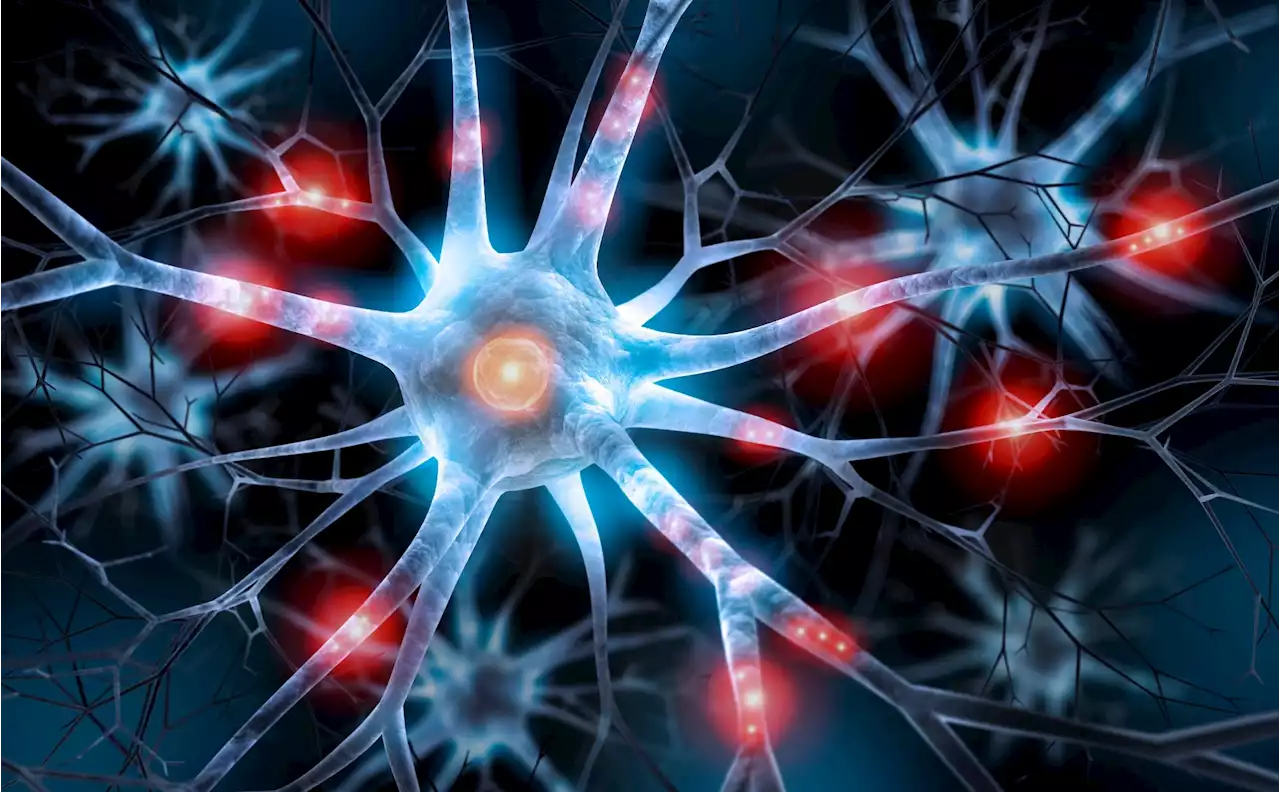A good night's sleep is essential for everyone. In individuals with Huntington's disease (HD), sleep disturbances constitute an additional burden that may exacerbate disease outcomes and impact patients' quality of life. In a special issue of the Journal of Huntington's Disease , researchers review what is, and perhaps more importantly, what is not known about sleep and circadian rhythms in HD.
Jenny Morton, Ph.D., ScD, professor of neurobiology, University of Cambridge, says,"Good quality sleep and healthy diurnal rhythms are fundamental to human health and wellness, although for the most part we greatly underappreciate the role they play in our lives. It is only when they become disordered that we pay attention.
"Sleep dysfunction in normal people is taken seriously, and it is recognized that it exacerbates a range of cognitive symptoms, including deficits in executive function, memory consolidation, attention, and processing speed, as well as affective features such as impulsivity and emotional liability. Notably, most if not all these symptoms are present in HD at some stage in the course of the disease, yet the impact of sleep dysfunction on HD patient symptoms is rarely considered.
"Treatment of sleep and circadian disturbances in HD represents a big unmet need in HD. Well-designed intervention studies aimed at the treatment of poor sleep associated with HD are very much needed. Noninvasive and low cost circadian-based therapies such as light therapy may be promising for the management of sleep-wake disturbances in HD," concludes Dr. Videnovic.
Sleep disruption may not only exacerbate cognitive and affective symptoms, but also directly affect neurodegenerative processes by inducing neuroinflammation or impairing slow wave sleep-dependent glymphatic clearance of neurotoxic waste. If sleep deprivation is associated with an increase in neurotoxic proteins such as b-amyloid and tau, known contributors to neurodegeneration in Alzheimer's disease, it may also affect the HD brain.
Belgique Dernières Nouvelles, Belgique Actualités
Similar News:Vous pouvez également lire des articles d'actualité similaires à celui-ci que nous avons collectés auprès d'autres sources d'information.
 Simple blood test may predict future heart, kidney risk for people with type 2 diabetesA simple blood test may predict the risk of progressive heart and kidney disease in people with type 2 diabetes and kidney disease, according to new research published in the journal Circulation.
Simple blood test may predict future heart, kidney risk for people with type 2 diabetesA simple blood test may predict the risk of progressive heart and kidney disease in people with type 2 diabetes and kidney disease, according to new research published in the journal Circulation.
Lire la suite »
 Is there an association between sleep-disordered breathing and Alzheimer's disease?Researchers evaluated the impact of sleep-disordered breathing (SDB) on neuroimaging biomarkers of Alzheimer's disease (AD).
Is there an association between sleep-disordered breathing and Alzheimer's disease?Researchers evaluated the impact of sleep-disordered breathing (SDB) on neuroimaging biomarkers of Alzheimer's disease (AD).
Lire la suite »
 Saliva test could detect early signs of cardiovascular diseasePeriodontitis, a common oral health problem that involves infected gums, is linked to cardiovascular disease. Scientists studying the inflammation that precedes periodontitis have found that higher inflammation, reflected by higher levels of white blood cells in saliva, is linked to less healthy arteries and a potentially higher risk of cardiovascular disease even in young, apparently healthy people.
Saliva test could detect early signs of cardiovascular diseasePeriodontitis, a common oral health problem that involves infected gums, is linked to cardiovascular disease. Scientists studying the inflammation that precedes periodontitis have found that higher inflammation, reflected by higher levels of white blood cells in saliva, is linked to less healthy arteries and a potentially higher risk of cardiovascular disease even in young, apparently healthy people.
Lire la suite »
 How age, socioeconomic status, and gender disparities affect the prevalence of chronic kidney diseaseResearchers investigate gender-, socioeconomic status-, and age-based disparities in chronic kidney disease.
How age, socioeconomic status, and gender disparities affect the prevalence of chronic kidney diseaseResearchers investigate gender-, socioeconomic status-, and age-based disparities in chronic kidney disease.
Lire la suite »
 Exploring developmental pathways and disease interactions in nervous and stomatognathic systemsScientists discuss the intricate relationship between the nervous and stomatognathic systems.
Exploring developmental pathways and disease interactions in nervous and stomatognathic systemsScientists discuss the intricate relationship between the nervous and stomatognathic systems.
Lire la suite »
